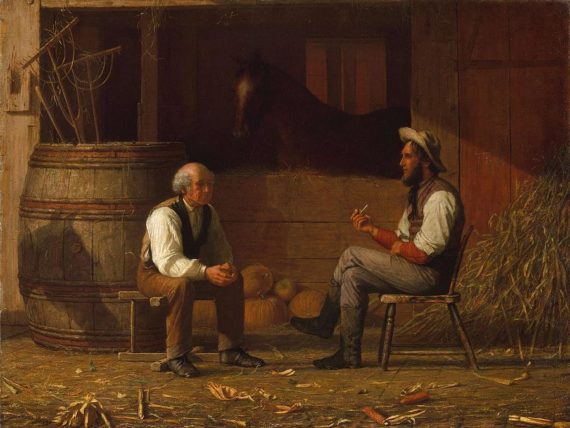
Memory, meaning, and understanding are the crucial elements of any people’s historical consciousness. These elements are not discrete and separate categories closed off from each other. Rather they blend one into the other, memory and meaning in particular are the foundations of historical understanding. Memory holds dear to the symbols, stories, experiences, and material associations surrounding a historical event. In the concrete sense this includes the flags, monuments, graves, letters, diaries, journals, uniforms, weapons, and oral histories of the war. From these sources of memory people derive meaning, or more dangerously, impose a meaning upon the events associated with the sources of memory. To find meaning means to make sense of what has occurred: Why did the event happen? What were the reasons moving historical actors to pursue particular paths and make particular choices? What are the consequences? Americans are apt to distill the answers to such questions into very compact meanings. Thus the war meant “new birth of freedom” or the defense of “states’ rights” or, to use Mr. McClanahan’s term, “a righteous cause to destroy slavery.” The American tendency to produce distilled, simplistic, meanings for the great events of their history tends to distort our understanding of these events. Our attachment as a people to pragmatism, our relative youth as a country, has many advantages, but it leaves us vulnerable to misunderstanding complex phenomena in any number of fields of human endeavor. The War is no exception.
Let us not be too hard on Americans in this regard. The French, an ancient people who are renowned for their detached facility when dealing with the complex and the complicated, have yet to come to a common understanding of the central event in their history, the French Revolution. France is now on republic number five, precariously so, and French historiography remains deeply divided on the meaning and understanding of the Revolution. Yet, the French Revolution was much more so a conscious act of rupture than the War Between the States, an historical action that remade the regime even as it consolidated all real political power in the national state. How to best understand such an event is daunting. The Late Unpleasantness has European “cousins,” the unifications of Germany and Italy, but the presence of American exceptionalism has effectively blocked the construction of an American interpretive framework of the war that incorporates the War Between the States into a larger Atlantic narrative. We view the war not only as an American event, but a singular American event. It is unwise that we do so.

No comments:
Post a Comment